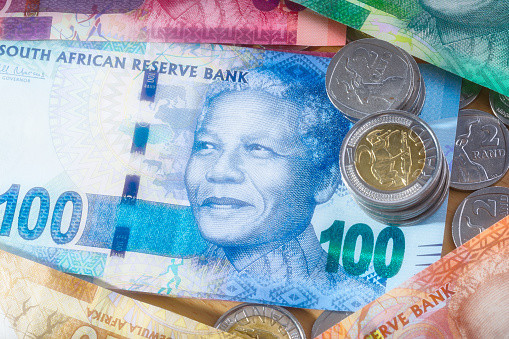Government Increases Minimum Wages Of Domestic And Farm Workers

The minimum hourly wage in South Africa will increase by 9.6% to 25.42 rands ($1.39) beginning next month.
Domestic and farm workers in South Africa should receive a 9.6% pay raise as part of the new minimum wage. Based on an 8-hour workday, the domestic worker's monthly wages (160 hours a month) should rise by R400, from about R3,700 to R4,100.
Nonetheless, the department claims that most jobs paying the minimum wage will increase pay to R1,144 per week (45 hours) or R4,957 per month (195 hours).
Both domestic and farm laborers will get a minimum wage corresponding to the rate. However, employees in expanding public works programs will be eligible for a lesser pay at R13.97 per hour.
The increase exceeds the central bank's annual inflation prediction of 5.4%.
The department initially anticipated a rise of almost 8%, slightly higher than the CPI, which had been above 7% for the preceding few months before barely falling to 6.9% in January.
In 2023, the CPI is anticipated to fluctuate between 5% and 6%.
South Africa officially implemented a national minimum wage in January 2019 under President Cyril Ramaphosa to safeguard workers from "unreasonably low salaries."
Low-income earners in South Africa may still expect to experience severe price pressure this year despite the national minimum wage's increase above inflation.
Most notably, food costs in the nation are moving in the opposite direction, remaining persistently high, even as headline inflation is moderating and moving near the South African Reserve Bank's 3% to 6% guideline.
Meanwhile, South Africa's public sector salary bill has surpassed R700 billion, creating a complicated situation for the government as it strives to slash spending.
Finance Minister Enoch Godongwana stated while presenting the budget for the 2023–2024 fiscal year that he anticipates public sector employee wages to surpass his previous estimate of R701.2 billion by 2025.
"As for the wage negotiations that just commenced, the budget does not pre-empt the outcomes … Nevertheless, this and future wage negotiations must strike a balance between fair pay, fiscal sustainability, and the need for additional staff in frontline services," Godongwana said, as reported by IOL.
According to the minister, one of the major threats to South Africa's budgetary outlook is the settlement of exorbitant public-service wage bills. He also noted the need for stricter measures to manage the public service's infamously bloated headcount.
© Copyright 2025 IBTimes ZA. All rights reserved.




















